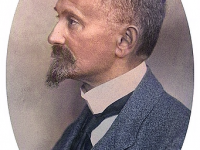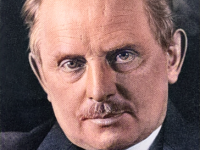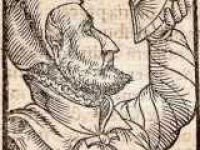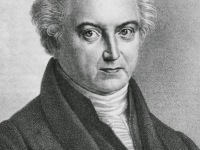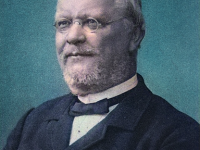When Money Buys Little – the Hyperinflation of the Weimar Republic
Mid November 1923, the Hyperinflation of the Weimar Republic reached its peak. Due to Germany’s obligation to pay large reparations after World War I, a hyperinflation was induced reaching its peak in November 1923, when the American dollar was worth 4,210,500,000,000 German marks. “The bloody uproar of the war is over: let’s enjoy the carnival of the inflation. It’s loads of fun and paper, printed paper, flimsy stuff – do they still call…
Read more



